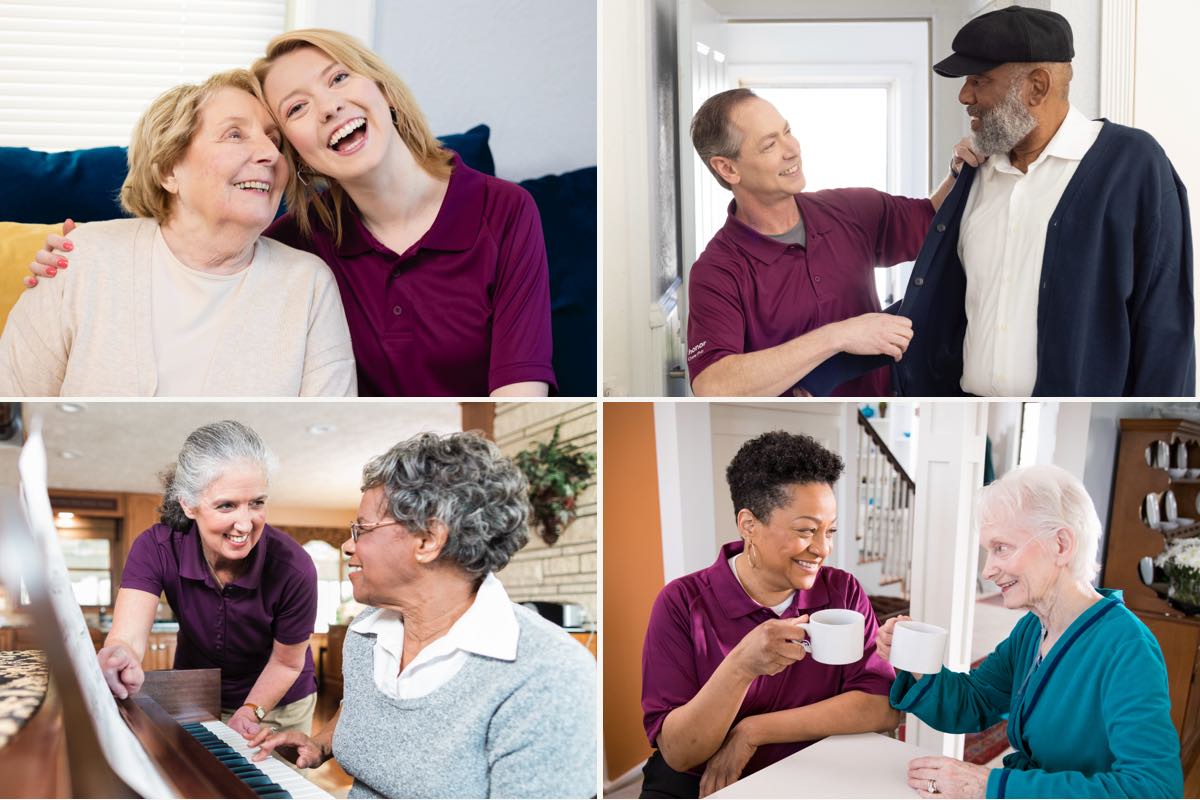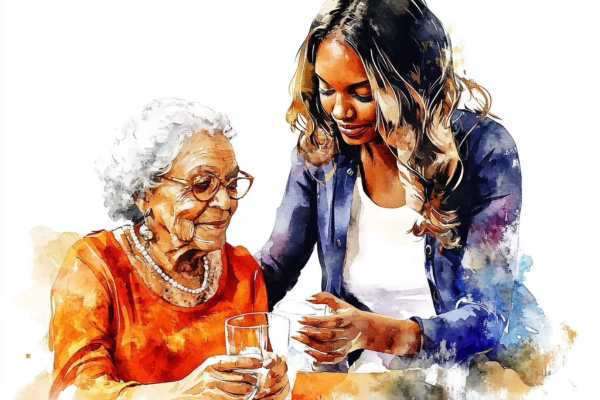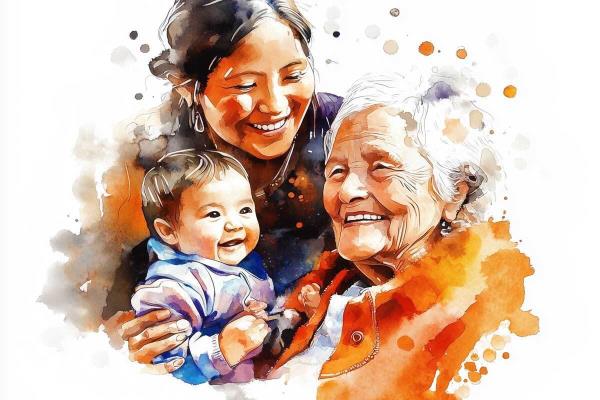A quick Google search for “caregiver shortage” brings up pages of headlines warning of the dire straits we’re in. And by “we” I mean home care providers and their clients (present and future). This perception is completely understandable. With the aging of the baby boomer population, we’re looking at an unprecedented demographic shift. Older adults now outnumber the young. That’s never happened before. So headlines from Forbes to HuffPo to Home Health Care News are sounding the alarm: there aren’t enough caregivers to go around, and it’s only going to get worse.
I see this as one of society’s biggest problems to solve. It’s why my three partners and I founded Honor in 2014. But what we’ve learned as we’ve been innovating in this space is that the problem doesn’t stem from an actual shortage of caregivers. It stems from a shortage of good jobs for caregivers. If you own a home care agency and can’t find enough caregivers to service your clients or grow your business, you need to ask yourself, “Why aren’t all the caregivers in my area wanting to work for me? Why are some choosing to work for my competitors?”
Numbers Don’t Look Good, At First
The U.S. Bureau of Labor Statistics (BLS) recently shared that job growth for home health and personal care aides is on track to increase by 33% between 2020 and 2030, from just under 3.5M to over 4.6M. That’s significantly faster than the average for all occupations. The sheer scale—needing an additional 1.1 million people—is massive. And when you consider we’ll have to backfill many of these jobs due to retirement or caregivers leaving the workforce, it appears to be an even more daunting challenge.
So, how do we find millions of people to fill these jobs? We make the job more attractive. Even better—we make the job a profession. At Honor, we’ve hired and trained tens of thousands of caregivers. And we've looked deeply over time at what makes them feel valued and fulfilled in their work. Through hundreds of 1:1 conversations and reams of data, we’ve uncovered some keys to attracting—and keeping—great caregivers.

Three things caregivers need and deserve
It should go without saying that the base wage we offer to caregivers has to be competitive. This is even more important in the current financial environment. But base wage is just table stakes. Because ultimate take home pay is about so much more.
The number one thing caregivers are looking for is respect. What is respect? It’s hiring them as employees—not contractors—with meaningful employee benefits (health insurance, paid sick leave, 401(k), etc.). It’s paying them what you promised and paying them on time. It's respecting their desire not to work with a client they don't mesh with or can’t make work with their schedule. And it’s not calling them “unskilled labor.” This work is hard and requires skills— physical, intellectual, and interpersonal—that not everyone possesses. This is what led us to call our caregivers at Honor Care Professionals, or Care Pros, for short.
The second most important thing? Hours. If you’re a Care Pro, working 40 hours a week for 3 clients, and one of those clients moves into a facility or otherwise stops needing care, you might have just taken a 33% (or more!) pay cut. Care Pros need to earn a consistent income, just like anyone else does. That means we all need to work hard at providing stable employment, even when Client schedules may not be inherently stable.
The third thing is treating Care Pros as the professionals they are. You hire professionals to perform a specific function. You give them the training and the tools they need to succeed at that function. Then you put them in the right environments for their particular skills. This seems pretty obvious, right? If someone asked me to do a job that I wouldn’t be very good at—like accounting—I’d fail miserably. The same goes for asking a Care Pro to care for a client whose needs aren’t in line with their skills. The right environment is key.
Then, once you’ve done all that, you need to tell your people how they’re doing. Believe it or not, it is incredibly rare that caregivers are given a set of performance expectations. It’s even more rare that they’re given performance feedback. But you know from your own experience that performance feedback is huge. It’s what helps you develop into a better, more capable professional. The same is true for caregivers. It advances them in their profession. And that’s the last critical thing about being a professional—the ability to advance based on performance. That advancement can look like pay increases or mentorship opportunities or positions with greater responsibility.
If you do these three things as a business owner—respect your caregivers, give them the hours they need, and treat them as professionals—you'll find that local caregivers will start choosing you over your competitors. Another way to say this is that if you care for the Care Professionals, they will be in a better place, your business will be in a better place, and your clients will get the best possible care. If we do these three things as an industry, we’ll make this critical profession much more attractive. We’ll uplift the caregiver workforce. And we’ll be better able to serve our aging loved ones.
Yes, the aging population is growing. Yes, 90% of them hope to age at home. Yes, home care agencies are struggling to grow because they can’t find enough caregivers to support more clients. But the caregivers are out there. They’re just looking for good jobs.




